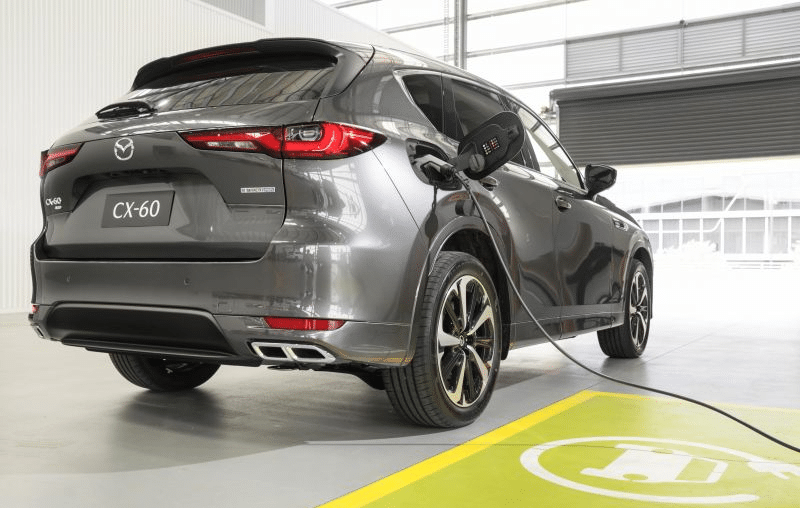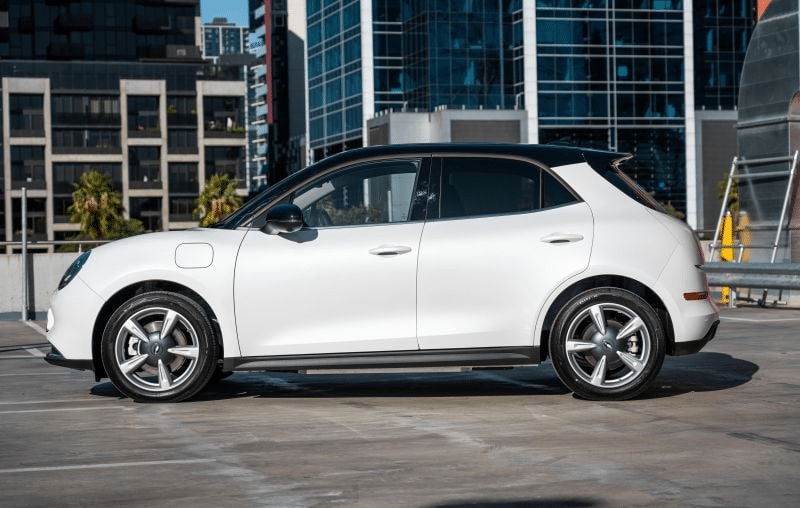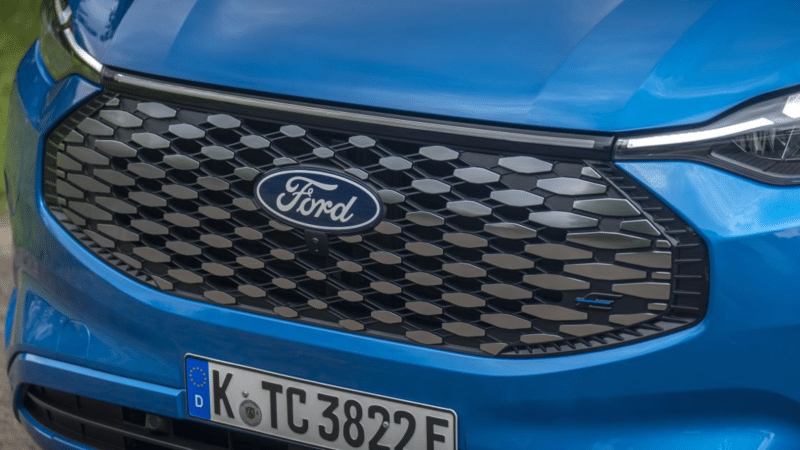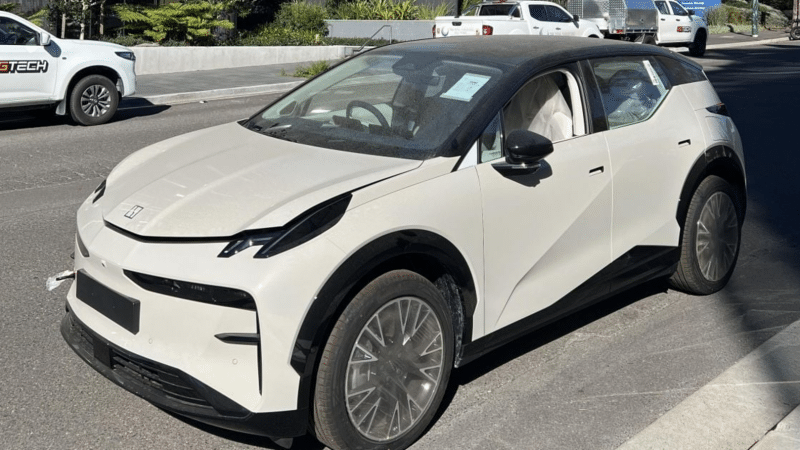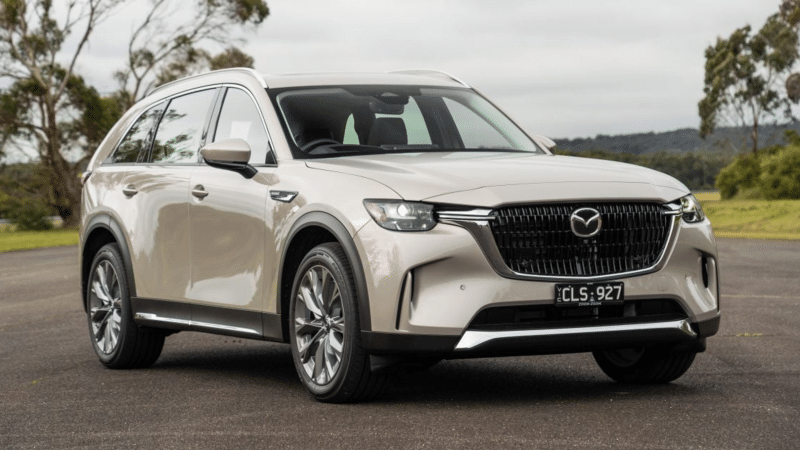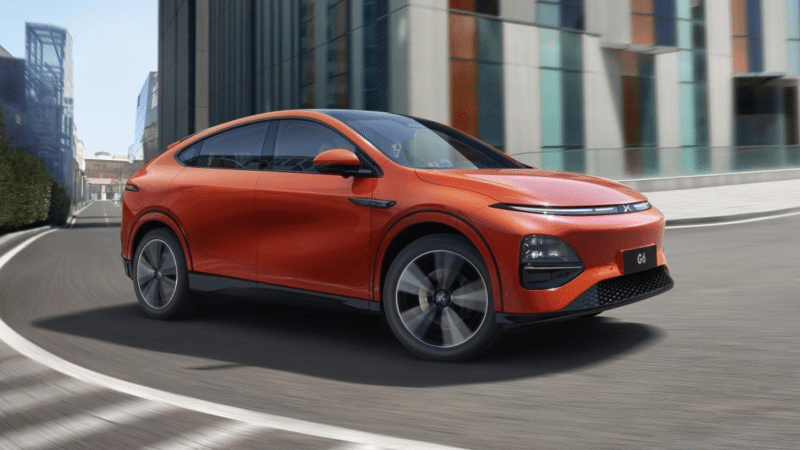High Court of Australia Deems Victoria’s Road User Charge Invalid
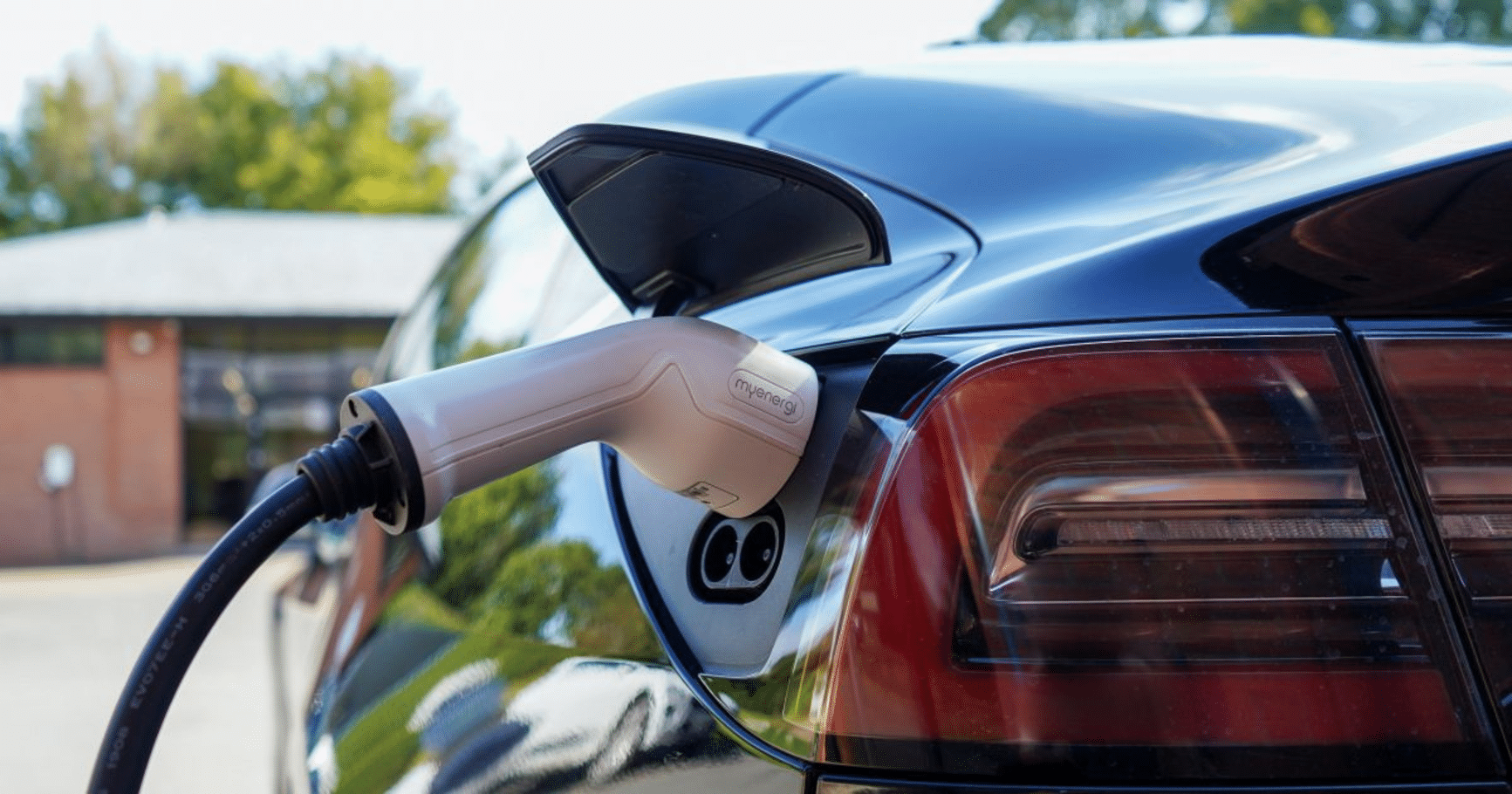
High Court of Australia Deems Victoria’s Road User Charge Invalid
Will this ruling lead to a nationwide reevaluation of road user charges and a more cohesive approach to electric vehicle adoption?
The High Court of Australia has ruled that Victoria’s road user charge is invalid under the Constitution. The charge, imposed by the Zero and Low Emission Vehicle Distance-based Charge Act 2021 (Vic), has been deemed an excise and can only be imposed by the Commonwealth Parliament. This decision has significant implications for the future of state taxes on goods.
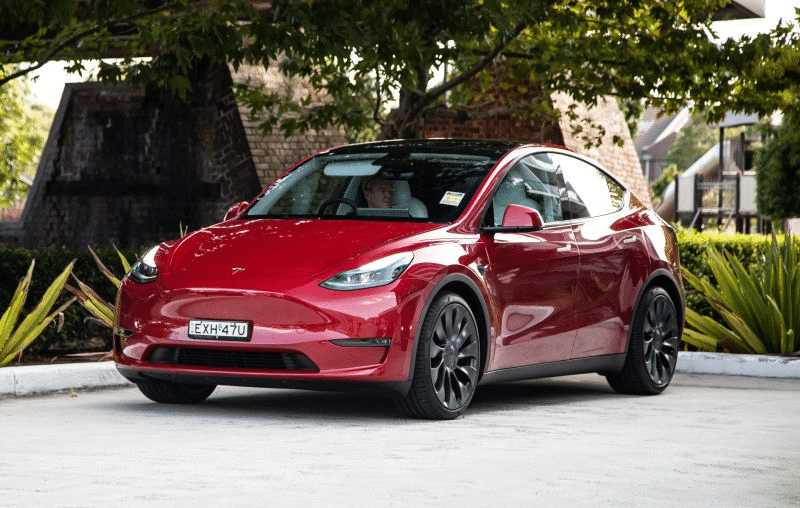
The High Court of Australia has made a groundbreaking ruling, declaring Victoria’s road user charge as invalid under the Constitution. The charge, known as the Zero and Low Emission Vehicle Distance-based Charge Act 2021 (Vic), has been deemed an excise, and according to Section 90 of the Constitution, only the Commonwealth Parliament has the power to impose duties of excise.
This decision marks a departure from a previous ruling in 1974, which stated that the nature of an excise was different. The High Court argued that the road user charge is essentially a tax on goods, as it is closely related to the use of Zero and Low Emission Vehicles (ZLEVs) and impacts their demand as articles of commerce.
As a result of the ruling, Victoria has been ordered to pay the costs of the proceeding. A spokesperson for the Victorian Government expressed disappointment with the outcome but accepted the court’s decision.
The High Court’s judgment reiterated the exclusivity of the Commonwealth Parliament’s power to impose duties of excise. It emphasized that any tax on ZLEVs or other goods can only be imposed by uniform national legislation. This ensures that state or territory taxes on ZLEVs or other goods cannot distort or impede the laws enacted by the Commonwealth Parliament to stimulate the demand for ZLEVs.
The ruling also has implications for the future of state taxes on goods. If the revenue from the existing fuel excise is affected by the increasing uptake of ZLEVs, any new tax on these vehicles or other goods can only be imposed by the Commonwealth Parliament.
The plaintiffs in this case, Christopher Vanderstock and Kathleen Davies, who own ZLEVs, were supported by the Commonwealth Attorney-General and the Australian Trucking Association. On the other hand, the Attorneys-General of every other Australian state, the Australian Capital Territory, and the Northern Territory supported Victoria.
The road user charge, introduced by Victoria on July 1, 2021, requires owners of electric, plug-in hybrid, and hydrogen fuel-cell vehicles registered in the state to pay a charge for their vehicle’s use on specified roads, covering all public roads in Australia.
In response to the ruling, Behyad Jafari, CEO of the Electric Vehicle Council, emphasized the need for road user charges to be national and not designed to discourage the adoption of electric vehicles. He welcomed the High Court’s decision and expressed readiness to work with the federal government on sensible road funding reform.
Although Victoria is not the only state to have proposed a road-user charge, the ruling has drawn attention to the criticisms surrounding the act. ZLEV owners, car manufacturers, industry groups, and even the Victorian Ombudsman, Deborah Glass, have raised concerns about the charge’s implementation.
The Victorian Ombudsman’s report highlighted an unreasonable lack of policy guidance, inflexible handling of complaints, and the charging of penalties not provided for in legislation. The report also called out the treatment of plug-in hybrid vehicle (PHEV) owners, who may be subject to the road-user charge despite already paying the Commonwealth fuel excise for their mileage.
While Victoria previously offered subsidies to encourage EV uptake, it has recently scrapped this program. The ruling by the High Court significantly impacts the future of state taxes on goods and raises important questions about the implementation of road user charges on a national level.
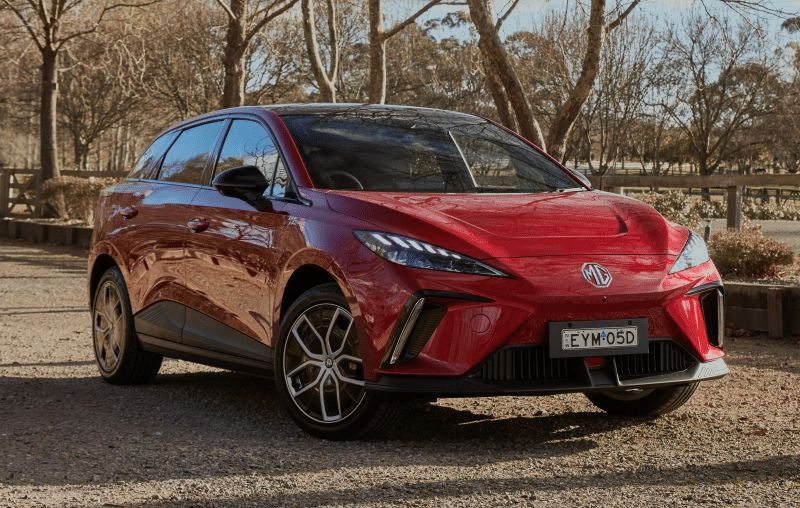
- The High Court found Victoria’s road user charge invalid
- The Court overruled a previous decision on the nature of an excise
- Victoria must pay the costs of the proceeding
- The power to impose duties of excise rests with the Commonwealth Parliament
- Supporters and critics weigh in on the ruling
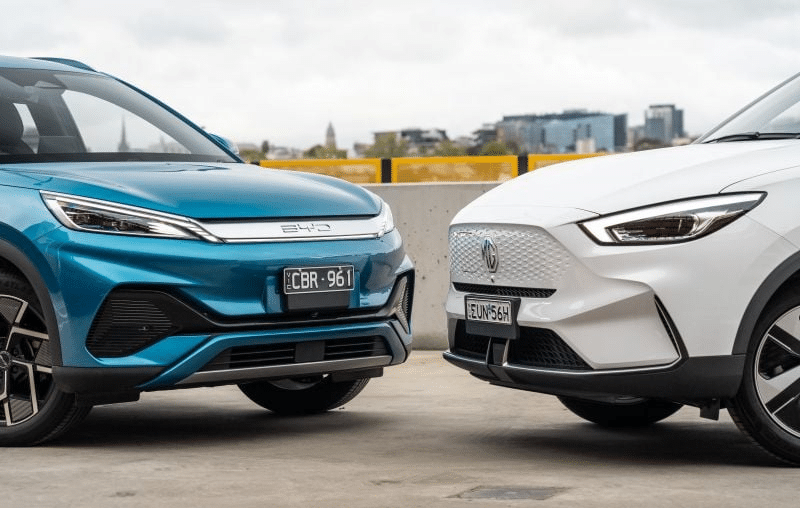
The High Court of Australia has declared Victoria’s road user charge invalid, emphasizing that only the Commonwealth Parliament has the power to impose duties of excise. This ruling has sparked debate among supporters and critics, highlighting the need for a national approach to road funding reform. The decision also raises concerns about the implementation of road user charges and the treatment of PHEV owners. As the future of state taxes on goods hangs in the balance, it remains to be seen how this ruling will shape the country’s approach to electric vehicles and road funding.
